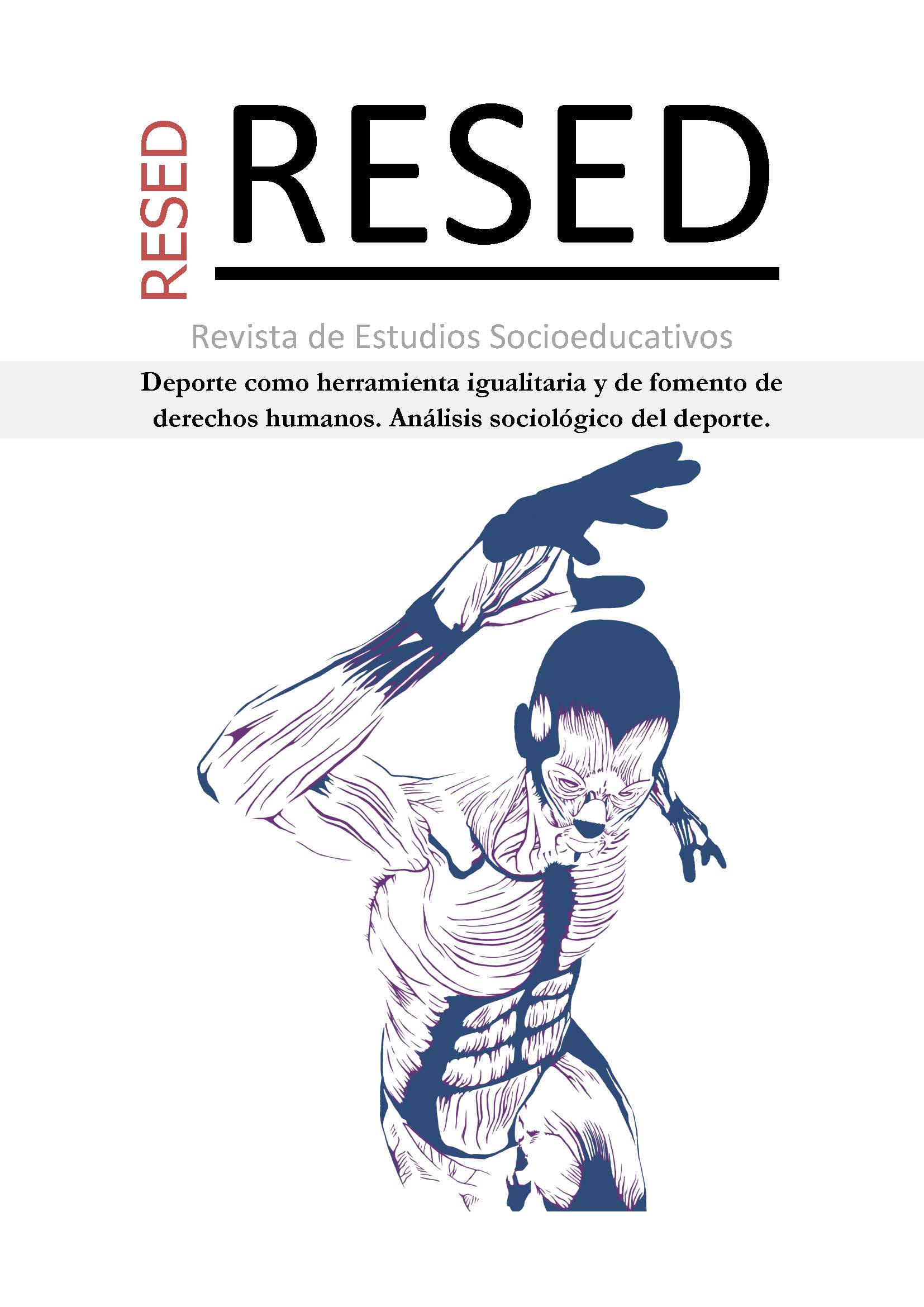To dance you have to know how to move in (social) space
Family strategies, the influence of capital, and the geographic-sociospatial dynamics in the configuration of the socio-educational trajectory

Info
Abstract
The objective of this work is to know the configuration of a particular socio-educational trajectory, based on its embeddedness in a specific family unit within the border city of Tijuana, Mexico. The research is qualitative and the information was collected through a semi-structured interview with a key informant from a family unit, which is why it represents a case study. Emphasis was placed on family strategies and capital reconversion processes, as well as the influence of the geographic-sociospatial dynamics in which these social relations are embedded. Thus, generating a dispositional characterization. In addition, homologies were established between the socio-educational trajectories of the family unit and the importance of self-determination in terms of the direction of the trajectory was highlighted, at the same time, it became evident how knowing-how is privileged over knowing-knowing. Likewise, it was noted that the influences of geographical proximity turn out to be a key element. Finally, it is concluded that within the configuration of a particular socio-educational trajectory, different variables influence, and although there is not one that constitutes the determining factor, the relative weight of the importance of these varies according to the reference point of the trajectory. which allows us to emphasize the high dynamism and complexity within which the social relations of socio-educational trajectories are carried out and inscribed.
Keywords
Downloads
How to Cite
License

This work is licensed under a Creative Commons Attribution-NonCommercial 4.0 International License.
References
Bourdieu, P. (1999). Las estrategias de conversión. En M. Enguita (Ed.), Sociología de la educación. Lecturas básicas y textos de apoyo (pp. 241-263). España: Ariel.
Bourdieu, P. (2003). Las estructuras sociales de la economía. Barcelona: Anagrama.
Bourdieu, P. (2023). Antropología económica. Curso en el Collège de France (1992-1993). México: Fondo de Cultura Económica.
Julià, A. (2018). Las trayectorias educativas de hombres y mujeres jóvenes: una aproximación desde el análisis de secuencias. Papers: revista de sociología, 103(1), 5-28. https://www.doi.org/10.5565/rev/papers.2290
Perosa, G., Molina, P. & Jarpa, B. (2021). Trayectorias educativas en América Latina y el Caribe en el Siglo XXI. Foro de Educación, 19(2), 45-68.
https://doi.org/10.14516/fde.888
Rentería, M., Velásquez, A. & Reátegui, L. (2020). Educados en el privilegio: Trayectorias educativas y reproducción social de las élites en Perú. RES. Revista Española de Sociología, 29(3), 561-578. https://doi.org/10.22325/fes/res.2020.35
Sousa, A. (1996). El constructivismo estructuralista: La teoría de las clases sociales de Pierre Bourdieu. Reis, 145-172. https://doi.org/10.2307/40184032
Wilkis, A. (2004). Apuntes sobre la noción de estrategia en Pierre Bourdieu. Revista argentina de sociología, 2(3), 118-130.


